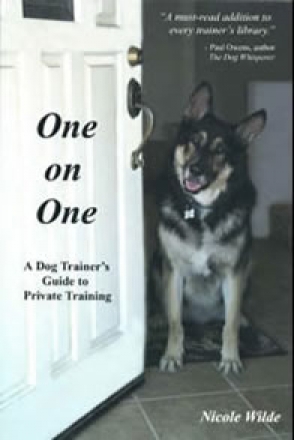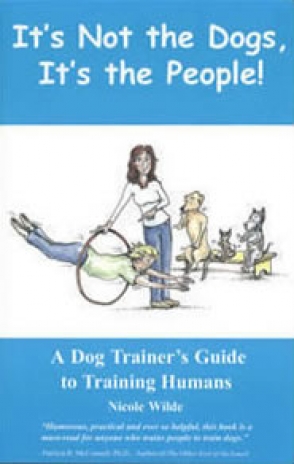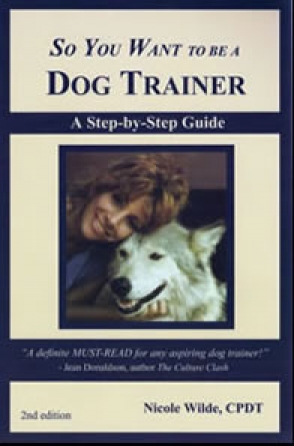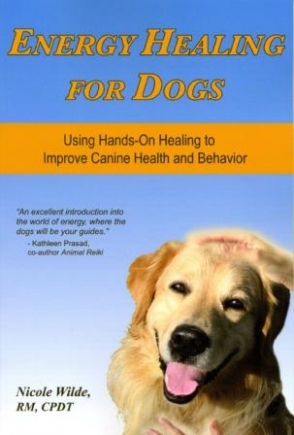Have you always wanted to do private training, but didn't know how to go about it? This guide is like having a friend explain it all. You'll start with exercises to assess your current skills, learn about sales and scheduling, and view sample phone scripts.
After-Punishment
Recently at the dog park, I observed a woman scolding her dog for humping another dog. She’d pulled her own dog away, forced him into a sit, and then proceeded to waggle her finger in his face while reciting a litany of reasons why that sort of behavior was inappropriate for the dog park. Had the dog been a five-year-old child who’d been caught doing something naughty, the lecture would have been understandable. But do you really think the dog was sitting there thinking Ah, now I see! My behavior was, in fact, inappropriate and I won’t be engaging in it again. Thank you for calling it to my attention! …I don’t think so.
This practice of lingering punishment, or worse, punishment after the fact is all too common. One phase of training where it often occurs is the housebreaking period. An owner discovers an “accident” that might have happened a few minutes previously, or a half hour before. She calls the dog to her and scolds him. The dog’s ears go back, eyes squint, and the dog looks sufficiently “guilty” for what he’s done. The owner thinks there, he’s learning. But what is the dog learning? As we know, dogs learn by associating things that happen within seconds of each other; that’s why we reward a dog for sitting by giving him a treat immediately, not ten minutes later. Reprimanding a dog long after the fact teaches him nothing.
In an experiment by a Barnard College researcher, dogs acted guilty when they were scolded by their owners, even when the dog had done nothing wrong. In fact, those dogs looked guiltier than those who had not misbehaved, but who had been scolded. So much for the “He knows he’s done wrong” argument.
There is nothing wrong with verbally reprimanding your dog when he’s done something wrong, but make sure it’s well-timed. Once you’ve delivered the reprimand, move on. Your dog certainly has.










